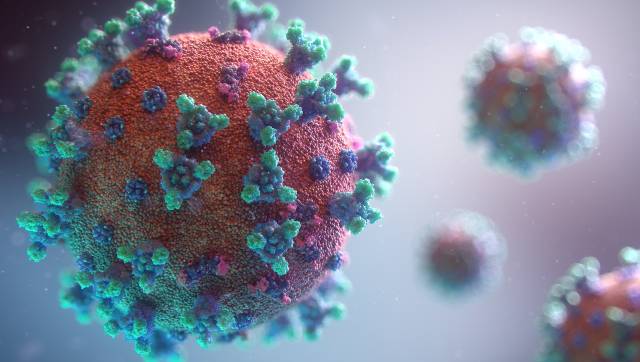Older populations and those with pre-existing medical conditions such as high blood pressure, diabetes or heart disease are noted to be at an increased risk of developing severe symptoms of COVID-19. Scientists have stated that those who have a pre-existing cardiac condition have an increased number of ACE2 receptors in their heart. Since the novel coronavirus requires ACE2 receptors to invade the healthy cells of the human body, people with heart conditions are more likely to be severely affected. However, in recent research published in the Journal of American Heart Association on 14 October, 2020, scientists claim to have found that both adults and children born with heart defects have a lower than expected risk of experiencing moderate or severe symptoms of COVID-19. Heart defects may not be a risk factor for severe COVID-19 The scientists from the Congenital Heart Disease Centre at Columbia University Vagelos College of Physicians and Surgeons conducted a review study on 7,000 individuals who were born with congenital heart disease. Out of all these patients, only 53 were diagnosed with COVID-19 infection between 1 March, 2020, and 1 July, 2020. The mean age of the COVID-positive patients was 34 years and around ten of these patients were not even 18 years old. Of these 53 patients, 31 had complex heart anatomy since birth and ten had undergone a Fontan repair (an open-heart surgery to redirect blood flow to the lungs). The aim of the study was to assess the risk of moderate or severe outcome due to COVID‐19 infection and so it focused on finding: 1. Number of patients who died of the infection 2. Number of people who required hospitalisation or respiratory support due to severe infection Reasons for COVID-19 complications The results of the study showed that out of all the 53 COVID-19 patients, nine patients presented with moderate to severe infection and three patients died during the study. These severe results were seen in patients with a genetic syndrome (21 Trisomy and DiGeorge syndrome) and also in those who had an advanced stage of the congenital heart defect. The scientists concluded that congenital heart disease alone cannot be a factor that increases the risk of severe COVID-19 symptoms. However, the scientists added that these patients with heart defects may not have present with severe COVID-19 symptoms due to the following reasons: 1. These patients may be following the social distancing guidelines strictly along with proper sanitisation 2. Most of these patients were young and COVID-19 is more deadly in older patients with complex heart diseases. Scientists urged the patients with pre-existing heart conditions to continue following the COVID-19 preventive guidelines until further studies are conducted on this topic. For more information, read our article on Congenital heart disease. Health articles in Firstpost are written by myUpchar.com, India’s first and biggest resource for verified medical information. At myUpchar, researchers and journalists work with doctors to bring you information on all things health.
The scientists from the Congenital Heart Disease Centre at Columbia University Vagelos College of Physicians and Surgeons conducted a review study on 7,000 individuals who were born with congenital heart disease
Advertisement
End of Article


)

)
)
)
)
)
)
)
)



